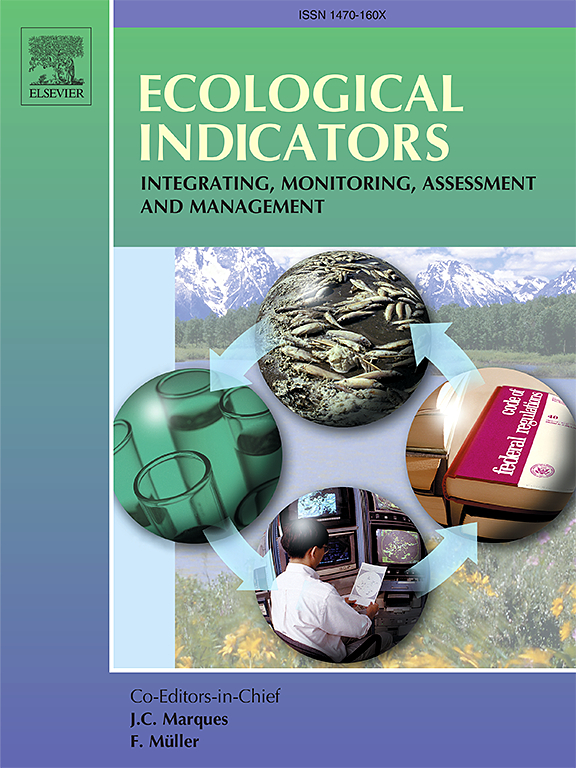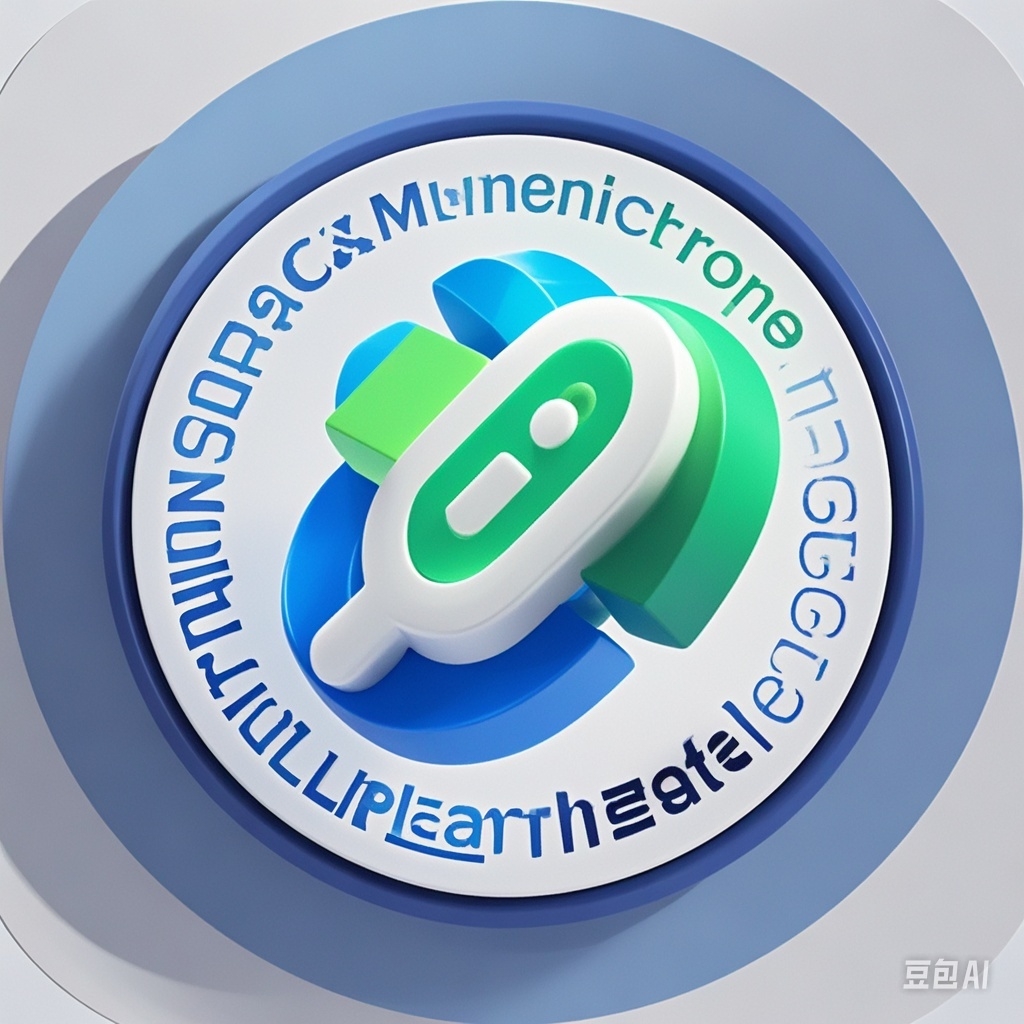Grazing exclusion significantly reduced soil organic carbon stocks but enhanced soil inorganic carbon stocks in desert steppe of northwest China
2025-03-01 null null 172(卷), null(期), (null页)
Grazing exclusion is a crucial management practice impacting carbon sequestration and ecosystem stability. However, the effects and key factors of long-term grazing exclusion on soil organic carbon stocks (SOCS) and soil inorganic carbon stocks (SICS) in the desert steppe remain unexplored. To address this gap, we evaluated the impacts of different grazing exclusion periods (0, 6, 11, 16 years, GE0, GE6, GE11, GE16) on SOCS, SICS and soil total carbon stocks (STCS). Grazing exclusion reduced SOCS and mineral-associated organic carbon (MAOC) stocks but promoted SICS and STCS. GE6 exerted the most detrimental impact on the STCS in this region. SICS increased by 9.34 %, while SOCS decreased by 32.86 % after GE16. Specifically, SICS in the region were 9.36 to 12.26 times higher than SOCS. Overall, grazing exclusion led to an increasing in STCS by 3.27 Mg & sdot;ha- 1, with SOCS decreasing by 1.04 Mg & sdot;ha-1 and SICS increasing by 4.31 Mg & sdot;ha- 1. These findings suggested that SICS were substantially higher in arid zones and should be given special consideration in studies assessing environmental impacts on ecosystem C sequestration. Grazing exclusion was not effective in enhancing SOC stocks; instead, MAOC played a critical role in reducing SOC stocks. Mean annual precipitation (MAP) and aboveground biomass (AGB) were significant factors modulating SICS, while SOC and SIC directly influenced STCS, with environmental factors affecting STCS primarily through indirect pathways. This study highlights that grazing exclusion significantly reduced SOC stocks, elevated SIC stocks and explores the mechanisms impacting soil C sequestration.
相关推荐
- Enhanced efficiency nitrogen fertilizers suppress soil methane uptake from a mulch drip-irrigation system in arid region [2025-03-01]
- Dual impacts of long-term vegetation management practices on plant-soil ecological multifunctionality: Call for sustainable management in desert ecosystems [2025-03-01]
- Shifts in Climatic Limitations on Global Vegetation Productivity Unveiled by Shapley Additive Explanation: Reduced Temperature but Increased Water Limitations [2025-03-01]
- Detecting and attributing the impact of human activities on grassland aboveground biomass in China's Loess Plateau [2025-03-01]
- Sap flow characteristics and water demand prediction of cash crop in hyper-arid areas [2025-03-01]



